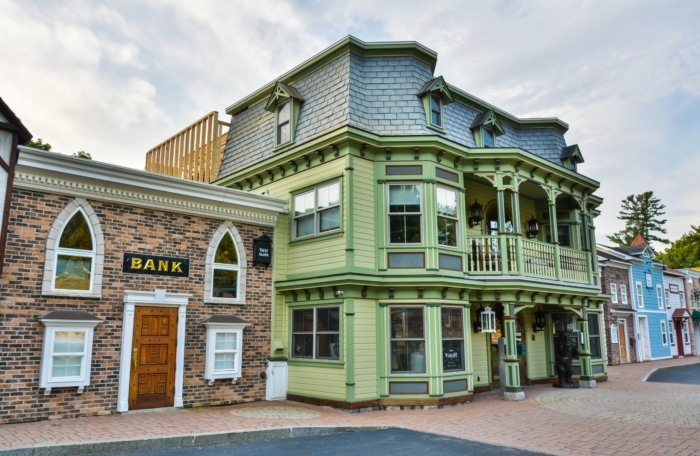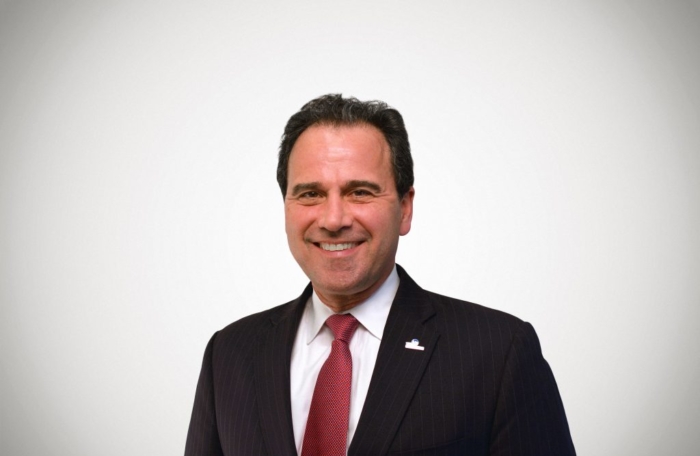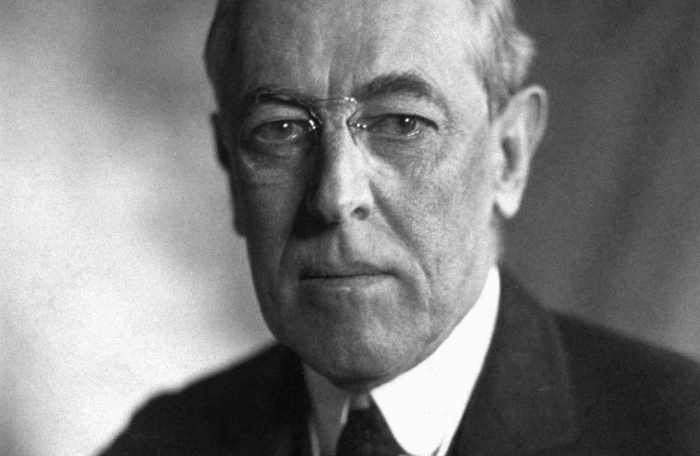While the state was accumulating a record budget surplus this year, legislators were busy finding ways to raise more money from people who don’t mind handing cash to the state. Those would be gamblers.
How to raise more money from people who like to bet? Give them more opportunities to bet.
Until last week, charitable gaming venues were allowed to operate only from 11 a.m. to 1 a.m. Senate Bill 318, sponsored by Sen. Harold French, expanded that to 20 hours a day, and Gov Chris Sununu signed the bill last week. It took effect immediately.
Now, poker rooms can run from 8 a.m. to 4 a.m.
None of the 18 poker rooms in the state has switched to the new hours yet. But almost all of them stay open until 1 every night of the week. (Some close earlier on weekdays.) So it’s a safe bet that they’ll continue operating for as long as the law allows, provided they can find staff to work the extra hours.
During the Senate hearing on the bill, no one testified in opposition. Among the few questions was one from Sen. Cindy Rosenwald, D-Nashua, who asked why, if the state is OK allowing operations for 20 hours a day, it bothers to set any limits at all?
That’s the right question. Under the new law, poker rooms are forced by the state to close for just four hours a day. Why? What’s the public health or safety benefit in closing them for about the same time it takes to watch half of the Ocean’s 11 movies?
Heavy regulations on gambling businesses are designed to protect the public from whatever spillover crime there might be and from the ravages of addiction. If those externalities are easily manageable, or are less costly than believed, then the case for such heavy regulation diminishes.
Legislators seem to have decided that the pros (revenue) far outweigh the cons. But there remain understandable residual cultural reservations about the effects of gambling on the population, and this creates a reluctance to throw the doors wide open.
So the state moves mostly in the direction of maximizing revenues while holding onto a shred of the appearance of concern about ill effects.
The same dynamic played out in the Keno debate this year.
Keno brings in a lot more money ($47.9 million last year vs. 7.1 million for charitable gaming and simulcast horse racing). Keno has always been limited to places that have liquor licenses, but House Bill 335, sponsored by Rep. Tim Lang, expands Keno to any vendor that has a license to sell lottery tickets (provided the community has approved Keno sales).
The bill passed the Legislature and has yet to see action from the governor.
These moves to expand gambling options are good evidence that the number of legislators deeply concerned about the potential ill effects of gambling is shrinking.
Two groups that favor gambling expansion are growing. One consists of those who want additional revenue. The other consists of those who think adults should be free to wager on games of chance if they want to.
A fun test of the strength of these factions could come next year. All someone would have to do is introduce a bill to let poker rooms operate 24/7.



 CONCORD — Josiah Bartlett Center President Drew Cline has been tapped to host a new morning news/talk show on Manchester radio station WFEA, the flagship news/talk station of Manchester Radio Group.
CONCORD — Josiah Bartlett Center President Drew Cline has been tapped to host a new morning news/talk show on Manchester radio station WFEA, the flagship news/talk station of Manchester Radio Group.






